The Labour Tribes Keir Starmer Must Manage
Illustration by Tracy Worrall
16 min read
From the newbies to the Yimbys, the trade unionists to the environmentalists, Sienna Rodgers maps out the groups forming among members of the new and expanded Parliamentary Labour Party.
The Parliamentary Labour Party is still coming to terms with what has just happened. After the 2019 general election in which just a single constituency was gained, and only 26 fresh faces were welcomed into the fold following retirements or defections, the latest poll has produced a staggeringly large intake: 243 new Labour MPs in total, plus 168 re-elected.
It is the 2024 intake that has the biggest new WhatsApp group of Labour MPs. Set up by Gedling’s Michael Payne, it is there that the newcomers have discussed practical problems, from hiring staff to photocopier access, which members say has been a useful resource as well as unifying.
So, once they have found their feet, how can we expect this cohort to behave? One might assume that having been selected via such tightly controlled processes these MPs would feel not just loyalty but a certain amount of deference to the leadership that chose them. But that does not seem to be the case.
“It’s a much better intake than we’ve had for a long time. Many of them have real experience of running things and are sure of their own opinions,” says one veteran Labour MP.
This old-timer believes trouble is coming. “There are areas where blind allegiance is anticipated and I think the leadership will be surprised when people say, ‘Hang on here, I don’t agree with that’.”
Another re-elected MP agrees, although they put it in less complimentary terms: “The shiny new buttons don’t mind being lobby fodder for now – but in six months they’ll realise they’re all alone.” They add: “I’ve been surprised by not just the confidence of the new MPs but the arrogance. One said, ‘I’m expecting to be appointed as a cabinet minister’!”
None have yet made the Cabinet, of course, but some first-time MPs – including Keir Starmer’s own former local council leader Georgia Gould, respected barrister Sarah Sackman, and soft-left economist Miatta Fahnbulleh – were awarded ministerial office straight away.
Yet fast promotion is not an option for most, and with so many Labour MPs the government will need to find more for them to do if it wants the peace to last.
“The devil finds work for idle hands,” a different back bench Labour MP says. “They need to put an arm around people and say, ‘Everyone’s got their part to play’. You catch more flies with honey than vinegar.” Referring to No 10 staff, they add: “And maybe one of them could smile at us occasionally? Ask how we are?”
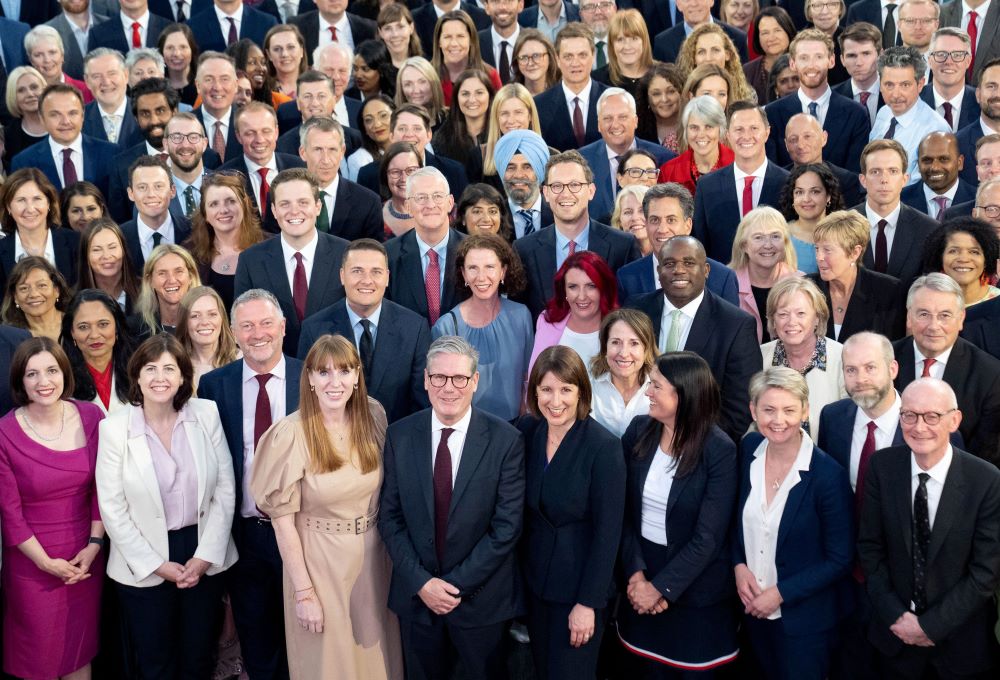
The idea has been floated by several MPs that ‘policy working groups’ or ‘departmental committees’ could be established, which would allow back benchers to feed into the work of government in a positive and helpful way. “That’s the least worst thing they could bring back from the Blair era,” says a Labour left MP.
The other boredom-busting measure available to those not graced with ministerial office is joining select committees. But when several 2024 intake MPs – in particular David Pinto-Duschinsky, who won Hendon with the country’s thinnest majority at 15 votes, Mike Tapp, Marie Tidball, Shaun Davies and Alice Macdonald – announced they were intending on running to chair committees, eyebrows were raised among their re-elected colleagues. Several privately suggested the new arrivals would be better off learning the ropes first while working their constituencies hard.
Members of the new intake appear to have understood their own power: after all, united, they are the biggest non-party group in Parliament. Their ambition led one whip to describe the 2024 MPs as a “nightmare” who “won’t do as they’re told”.
A Labour source says that two newcomers were warned by whips not to stand for select committee chair posts, but they ignored the advice. “A lot of them with egos are watching others become new ministers straight away and saying, ‘What about me?’” the insider remarks.
Notably, it was new MP Neil Duncan-Jordan who tabled the early day motion opposing Rachel Reeves’ move to means-test winter fuel allowance. And as well as the left-wingers one would expect to support such an openly defiant note, newbies Simon Opher and Chris Hinchliff signed it too.
And yet it is thought simultaneously that No 10 encouraged new MPs to contest select committee chair posts. Shaun Davies, the Telford MP who was a council leader until his election in July, even resigned as a PPS to run for the Housing, Communities and Local Government Committee. While there is clearly a divide between favoured newbies and those ignored or too rebellious, the committee elections also led to speculation of a split between No 10 and the whips.
The perception that the newcomers were backed by No 10 ultimately led to the failure of their select committee bids. None were elected – primarily, it is thought, because friendly but critical Labour MPs came together with Conservatives to block the apparently government-approved candidates.
Labour First
Election-guru-turned-head-of-political-strategy Morgan McSweeney aside, arguably Labour’s most important factional operator in recent years has been Luke Akehurst. As secretary of ‘old right’ group Labour First, co-founder of Starmer-era organisation Labour to Win, and a member of the party’s national executive committee (NEC), he has managed to retain all of those titles while also becoming the MP for North Durham. Nobody expects him to give up fighting for his flank of the party.
A plan to make Labour First a force within the parliamentary party is now being considered. This would restore the organisation to its roots: Labour First was originally, in 1980, established as a group of MPs; it is only when refounded in 1988, by activists led by John Spellar who was not a parliamentarian at the time, that it became extra-parliamentary.
It is understood that Akehurst and Gurinder Josan – another NEC member elected to Parliament – are assessing whether there is enough demand among MPs of their tradition for a “safe space” where they can come together formally. The decision is set to be made post-conference, once the select committee elections are out of the way.
The group would involve in-person meetings and behave in a similar way to the Labour left’s Socialist Campaign Group. In one notable difference with the left, however, Labour First does not presently take policy positions and nor would it do so in Parliament. It is not expected to have a strict line on candidates in internal elections either, as this could throw up complications if multiple MPs in the group wanted to stand for the same position.
Naturally, onlookers within Labour are wondering whether the ultimate aim of the group is to smooth the path, eventually, for a coronation of Keir Starmer’s successor.
The builders, not the blockers
First out of the blocks with a public letter was the newly formed Labour Growth Group (LGG). The brainchild of Josh Simons – who went from director of think tank Labour Together to Labour MP, effectively swapping jobs with Jonathan Ashworth – the project is understood to have got the nod from No 10. It comprises MPs, mostly new, who say they are willing to “make tough choices” in “backing the builders, not the blockers”.
Some LGG members are true Yimbys (Yes In My Back Yard), committed to an almost free-marketeer approach to housebuilding.
Other signatories to the letter see the group as a negotiating space in which to secure commitments from ministers to local infrastructure alongside new development.
Others still admit to being unsure about the basis of the group, with one new MP saying: “I’m a member of the Growth Group, whatever it is… I’m suspicious: growth, what does it mean? I’m a member because someone asked me to sign a letter and I said yes.”
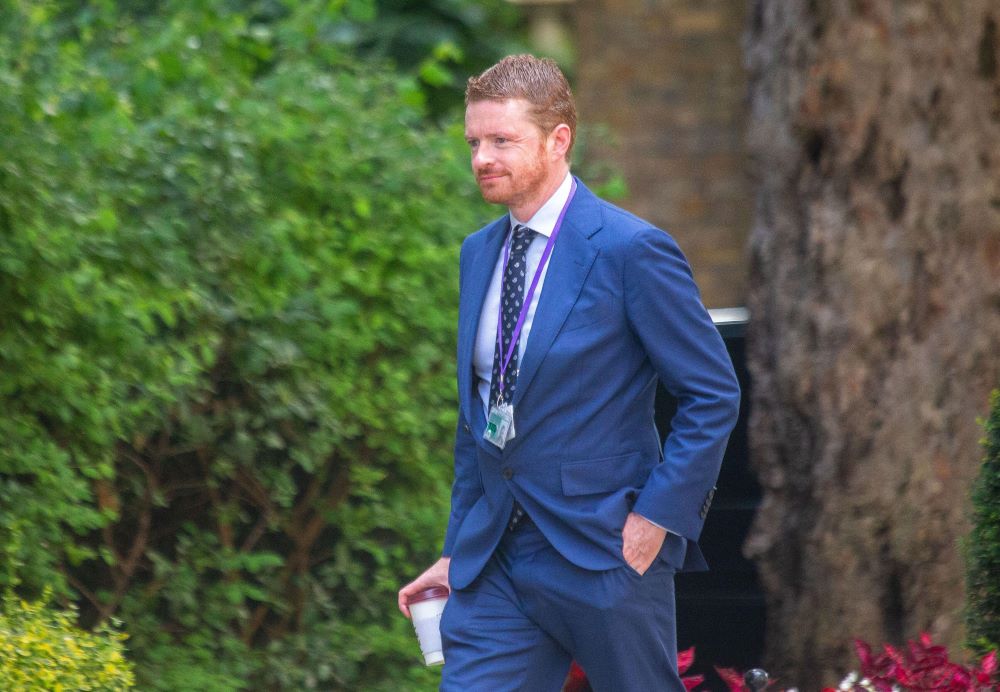 PM Keir Starmer's head of political strategy Morgan McSweeney (Alamy)
PM Keir Starmer's head of political strategy Morgan McSweeney (Alamy)
If Labour Together were to stump up the cash for an organiser, this could become a prominent group over the next Parliament. Given its ties to McSweeney in No 10, it is thought unlikely that LGG will present much of a headache for government.
Instead, its breadth offers insight into an emerging ideological battle within the party: between dedicated Yimbys and those who insist they are in favour of more development but want social justice factors (such as affordability) to be considered in planning decisions.
The latter side of the divide accuse the former of being too close to corporate interests and of taking an additive approach to the issue (“I’m Yimby and I’m in the Labour Party) rather than a coherent political one (“I’m Yimby because I’m Labour”). The rebuttal issued is usually along the lines of: “You’re sounding a lot like a Nimby.”
There is power in a union
With Labour centrists dominating both government and nascent internal groups on the back benches, trouble within the new PLP may spring from unusual sources. “Factions are dead – we’re in the age of the caucus,” says one Labour insider. Perhaps more useful clues are found not in the factional politics of the MPs but in their backgrounds and constituencies.
Trade unionists represent a significant cohort of the 2024 intake, and many were senior in the movement – from Usdaw political officer Michael Wheeler to Unite political director Anneliese Midgley; from head of Unison Labour Link Mark Ferguson to TUC head of campaigns and communications Antonia Bance.
These MPs can be divided into two categories: those who have climbed the ranks in order to be selected as a parliamentary candidate and now have their eye on ministerial jobs; and those whose union backgrounds are more important to them than their standing in Westminster.
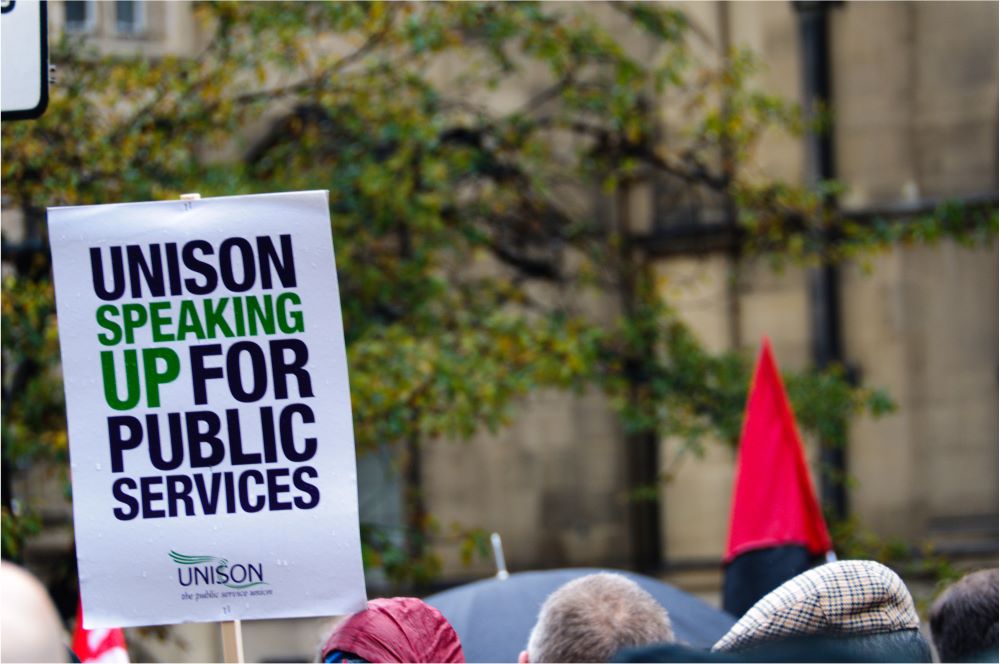 This second group is of most interest. The House revealed earlier this year that Labour left MPs have been quitting the Socialist Campaign Group, their natural home, in protest at a perceived lack of strategic direction. Some now wonder whether the newly bolstered group of trade unionist MPs will take on the role once played by the SCG in holding the leadership to account on economic policy – particularly taking the lead on scrutiny of how Labour’s plan to “make work pay” is implemented.
This second group is of most interest. The House revealed earlier this year that Labour left MPs have been quitting the Socialist Campaign Group, their natural home, in protest at a perceived lack of strategic direction. Some now wonder whether the newly bolstered group of trade unionist MPs will take on the role once played by the SCG in holding the leadership to account on economic policy – particularly taking the lead on scrutiny of how Labour’s plan to “make work pay” is implemented.
Importantly, the trade union group of MPs will be well-organised as – for the first time in some years – Labour Unions have hired a dedicated political and parliamentary officer, the well-connected Kieran Maxwell, to work with them.
Quiet co-operation
There are 43 Co-operative MPs in this Parliament – the largest ever number in the party’s history – and the majority of Labour MPs overall may not have stood on a Co-op ticket but are nonetheless members.
Importantly, Co-op MPs are well-placed in the areas most highly prized by the sister party: business, where they have Jonny Reynolds leading as secretary of state and co-operatives champion Gareth Thomas as a minister; energy, where newcomer Miatta Fahnbulleh has quickly been made a minister; and communities, where Alex Norris and Co-op chair Jim McMahon are also ministers. Emma Foody, the former assistant general secretary of the Co-op Party who is married to Norris, has also entered Parliament in the new cohort and already joined the front bench as PPS to Bridget Phillipson.
Although the Co-op is not a well-known or understood entity even among Labour members, it has a quiet influence. This was apparent before the ministerial appointments in the Labour manifesto, which included key commitments such as doubling the size of the co-op sector and putting co-operatives at the centre of Great British Energy plans. A further help will be Caitlin Prowle, the former GMB political officer and political adviser to Yvette Cooper, now the Co-op Party's new head of politics.
Green shoots
With the Green Party breathing down the necks of some Labour MPs, having ousted front bencher Thangam Debbonaire from Bristol Central in July, and with a good number of the new intake coming from climate-related backgrounds whether in activism or law, the environment is an obvious area around which MPs will coalesce.
Two environmental groups are set to vie for power: the Labour Climate and Environment Forum (LCEF), launched in 2022, and the Socialist Environment and Resources Association (Sera), a long-established party affiliate.
Sera, a membership organisation guided by an elected committee, decided a couple of years ago that it wanted the largest ever cohort of Labour MPs with strong environmental credentials. With that aim, it encouraged Sera members to stand for Parliament, which turned out to be a fruitful exercise: there were 136 Sera-endorsed Labour candidates at the general election. The scale of the party’s success means the group will now scale up its caucus from just 15 MPs to a whopping 104.
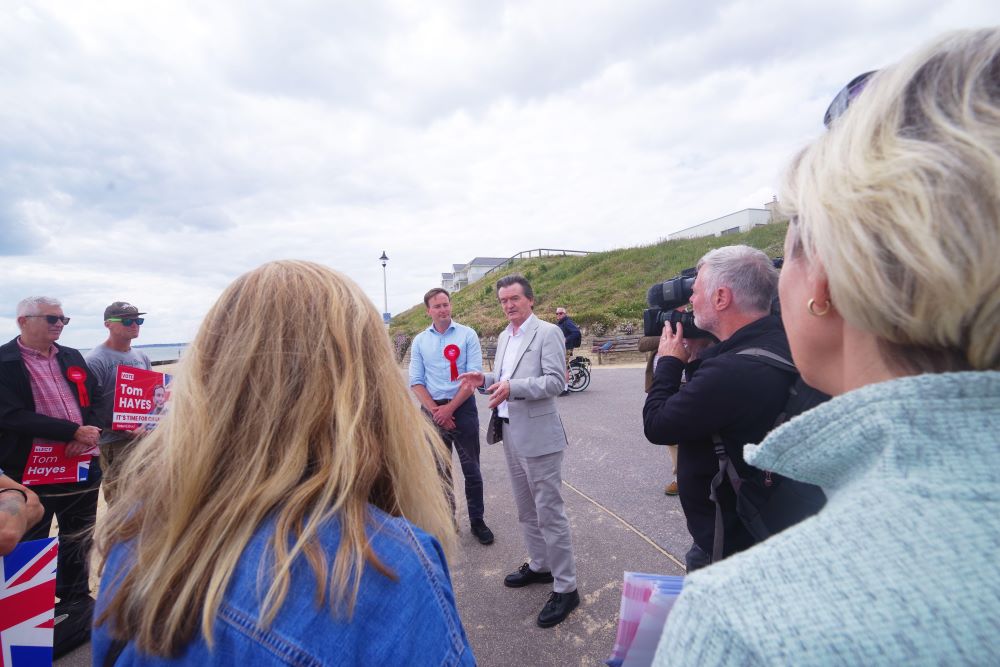 Environmentalist Feargal Sharkey campaigns alongside Labour's Tom Hayes during the election campaign (Alamy)
Environmentalist Feargal Sharkey campaigns alongside Labour's Tom Hayes during the election campaign (Alamy)
With singer-turned-campaigner Feargal Sharkey as its president, the affiliate ran a “stop the shitshow” campaign about sewage during the election. This helped Labour candidates generate press and cut through to voters locally, and in the process increased Sera’s own relevance to the parliamentary party.
Sera, which is hosting 21 conference events at Labour conference this year, plans to grow its membership over the next Parliament and further step up its campaigning output at the next election. As an affiliate, it can play a role in Labour’s formal policy-making process, and such a big caucus will only help in its effort to lobby decision-makers to support particular environment and climate policies.
Then there is LCEF. Although only recently set up, it has fast become influential within the party and has close ties to Ed Miliband, who spoke at its conference shortly after the election. A Labour insider points out it is run by two MPs’ partners: director Paul McNamee is the partner of Luke Murphy, Labour’s new Basingstoke MP and chair of the Climate APPG, while deputy director Megan Corton Scott is the partner of Alistair Strathern, PPS to Rachel Reeves and new chair of the Environment APPG.
As an external force, LCEF has the freedom to work alongside ENGOs and climate groups, advising them on how to pitch to Labour, while also giving MPs crash courses in how to tailor their communications based on message testing and polling the group has done.
Its role is sometimes comparable to that of a research service, but it has the advantage of being able to brief Labour politicians on green politics as well as policy. In particular, there are flashpoints between the climate versus the environment.
The conflict is well-illustrated by the pylons debate, in which Green Party co-leader Adrian Ramsay prioritises concerns around the environmental impact of them being built in his constituency, whereas Labour puts a greater value on the climate advantages of new clean energy infrastructure. LCEF is offering to perform both an outrider role in the media and an advisory one behind the scenes to help Labour MPs successfully navigate such arguments.
Rural charm in the country
Rural and coastal communities were considered a key target by Keir Starmer’s Labour in the run-up to the general election. Front benchers such as Steve Reed believed the party had not taken the countryside seriously for many years and Labour had been wrong to write off those voters as potential supporters.
Come July 2024, the party did win in many of these areas for the first time, which gives existing voluntary organisation Labour Coast and Country (LCC) an opportunity to shine.
“It’s been around for a really long time, but I think now more than at any point in its history it has relevance,” a new rural MP says of LCC. “It’s not some sort of Blue Labour tribute act, the way you appeal to people in the countryside isn’t by being a bit prejudiced and old-fashioned… But you need to have an offering.”
Labour decided to speak to voters about how their nearest hospital is an hour away, or their Post Office is closed, or their bus route is unreliable, and proved at the general election that those constituencies are winnable. “The idea that a village won’t vote Labour just because everyone there has a West Country accent and lives in a cottage is just not true,” the new MP adds.
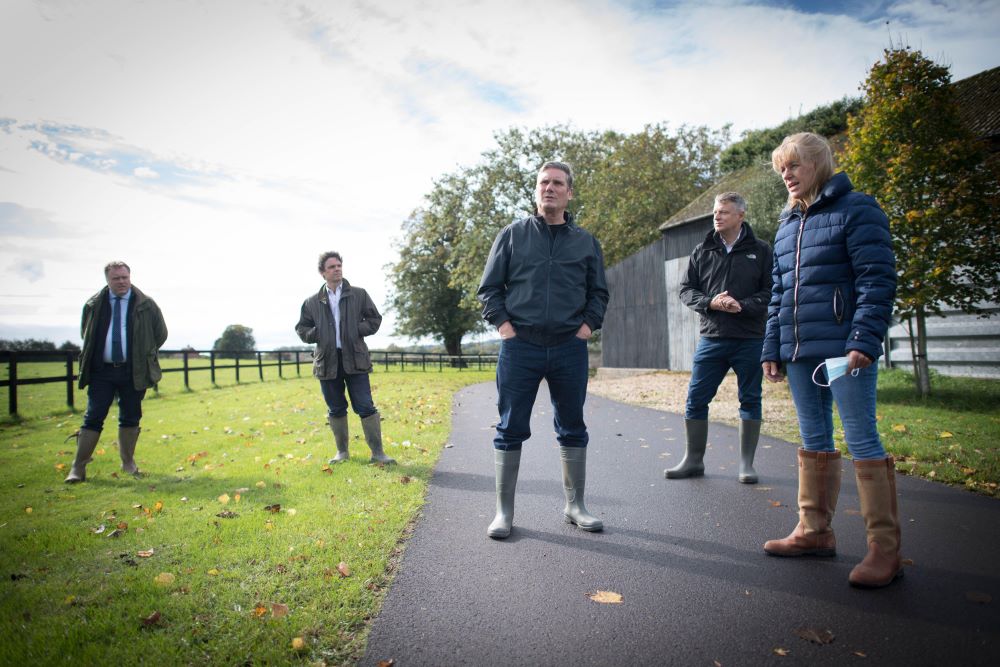
The MPs representing these rural areas will be interested in policies such as reforming business rates and giving passengers more control over their local transport; so far, so good for the government, but housebuilding will be a more sensitive topic.
Joe Morris, the new Labour MP for Hexham, the biggest constituency in England, quickly gave rural MPs something to organise around after summer recess. As a former assistant to MPs, he knows his way around parliamentary procedures, and managed to secure both a Westminster Hall debate on sheep farming and an Adjournment debate on rural banking services in the same week.
MPs from seats that Labour hasn’t traditionally represented but were won for the first time in July are keen to show they can advocate for farmers just as well as their usual voters. The rural representatives also feel they need to share best practice with each other as they encounter different challenges to those faced by their colleagues, such as setting up a constituency office in a very large area.
Electoral threats
There is plenty of scope for new alliances to crop up over the coming years – particularly around the biggest electoral risks faced by MPs.
“I think you may start to see groups emerge around the different threats people face,” one new MP explains. Those with Reform or the Greens coming second in their constituencies will want to meet up and share best practice, they say. “I suspect there may end up being more formal caucuses for people to get together to discuss how to deal with those specific non-Conservative threats.”
Unprompted, another new MP makes the same prediction. “There will be groups who are worried about Gaza, the Green vote and green issues in their patch, and others worried about Reform. As we get closer to the next election, everyone will start worrying about their seat. It’s such a broad coalition.”
A very large parliamentary party that includes thin majorities and competing interests is a much better problem to have than the too-small one Labour usually suffers from, of course. But as leader of the opposition Starmer – whose afactional background is so unlike that of other Labour MPs – was frequently criticised for not engaging sufficiently with his colleagues. This new PLP will require deft management by No 10.
